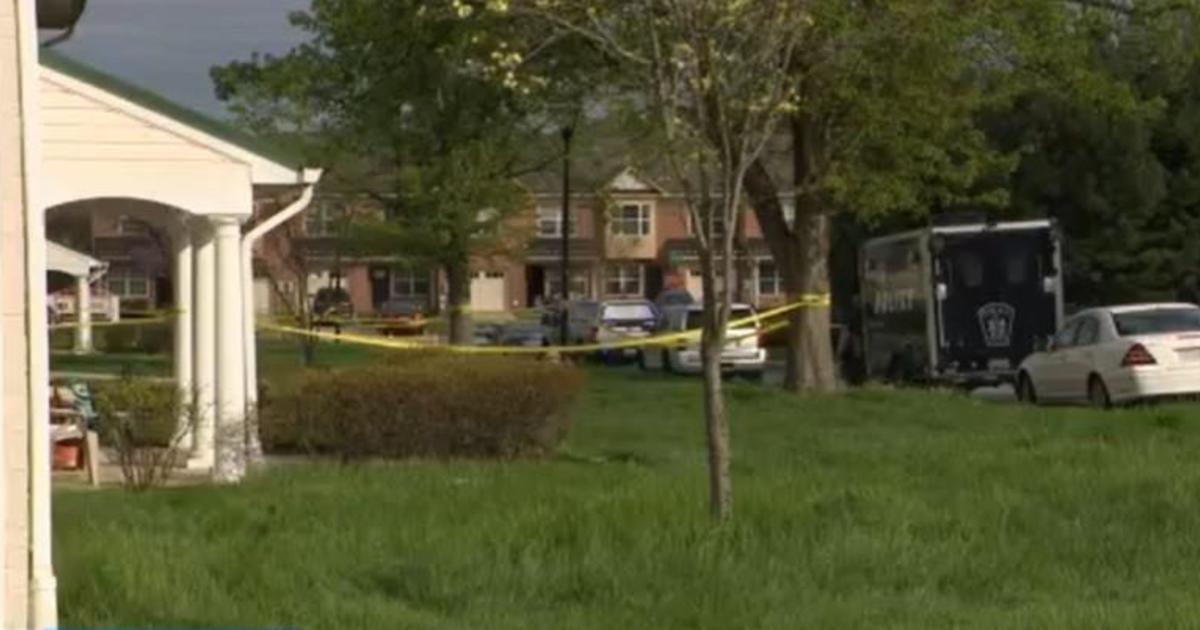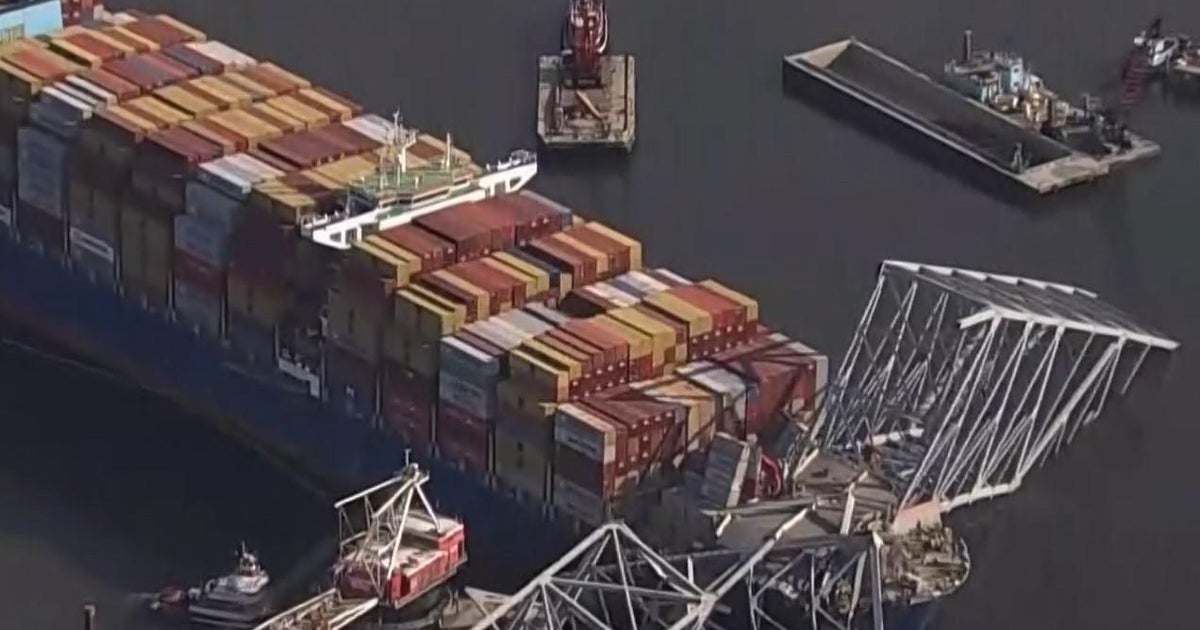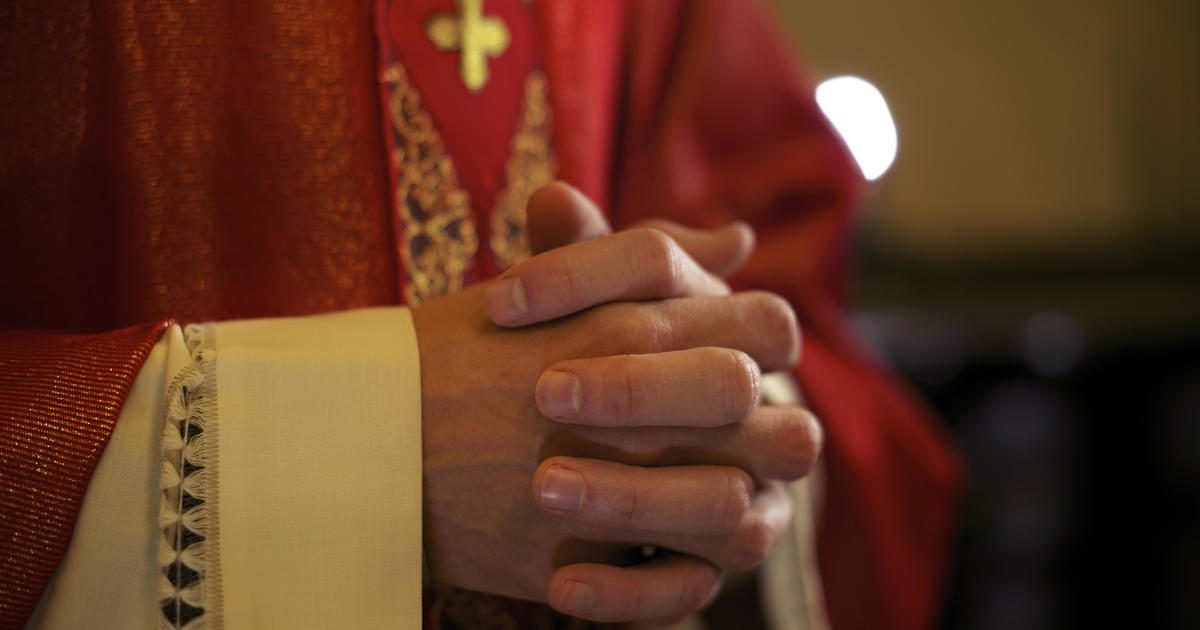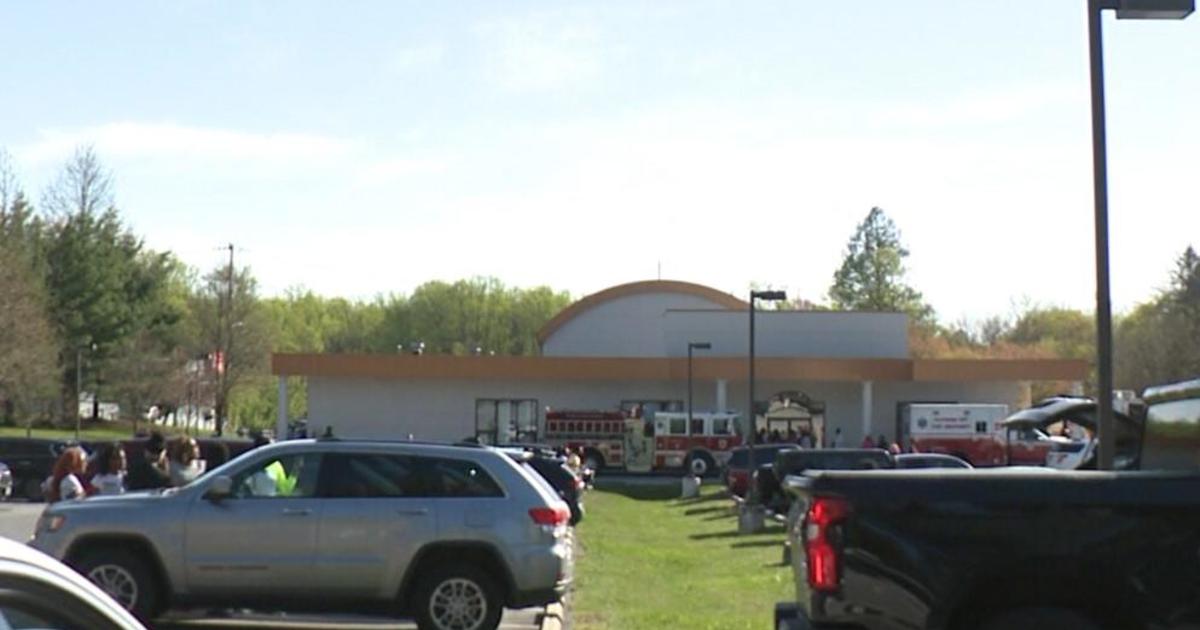Doctor Discovers A Particular Roller Coaster Helps People Pass Kidney Stones
BALTIMORE (WJZ) -- A Michigan State University professor emeritus discovered recently that riding a roller coaster helps patients pass kidney stones with nearly a 70 percent success rate.
That coaster is Walt Disney World's Big Thunder Mountain.
"Basically, I had patients telling me that after riding a particular roller coaster at Walt Disney World, they were able to pass their kidney stone," Michigan State University professor emeritus David Wartinger says. "I even had one patient say he passed three different stones after riding multiple times."
Wartinger is in MSU's Department of Osteopathic Surgical Specialties. He led both a pilot study and an expanded study to assess whether the stories he was hearing from patients were true, according to a MSU press release.
For the pilot study, he took a 3D model of a hollow kidney containing three kidney stones no larger than 4 millimeters on the ride in a backpack 20 times.
He found that sitting in the last car of a roller coaster showed a 64 percent passage rate while sitting in the first few cars had a 16 percent success rate.
The expanded study, conducted with MSU resident Mark Mitchell, included riding the same roller coaster with multiple kidney models attached to the researchers. They discovered even better results while sitting in the back of the coaster, with a passage rate of nearly 70 percent.
"In all, we used 174 kidney stones of varying shapes, sizes and weights to see if each model worked on the same ride and on two other roller coasters," Wartinger said. "Big Thunder Mountain was the only one that worked. We tried Space Mountain and Aerosmith's Rock 'n' Roller Coaster and both failed."
Wartinger says the other rides were too fast and too violent with a G-force that pins the stone into the kidney and doesn't allow it to pass.
"The ideal coaster is rough and quick with some twists and turns, but no upside down or inverted movements," he said.
It's estimated that around 300,000 people per year go to an emergency room suffering from kidney stones and the cost for treatment could range anywhere between $5,000 to $10,000.
"If you have a kidney stone, but are otherwise healthy and meet the requirements of the ride, patients should try it," Wartinger advised. "It's definitely a lower-cost alternative to health care."
Follow @CBSBaltimore on Twitter and like WJZ-TV | CBS Baltimore on Facebook



